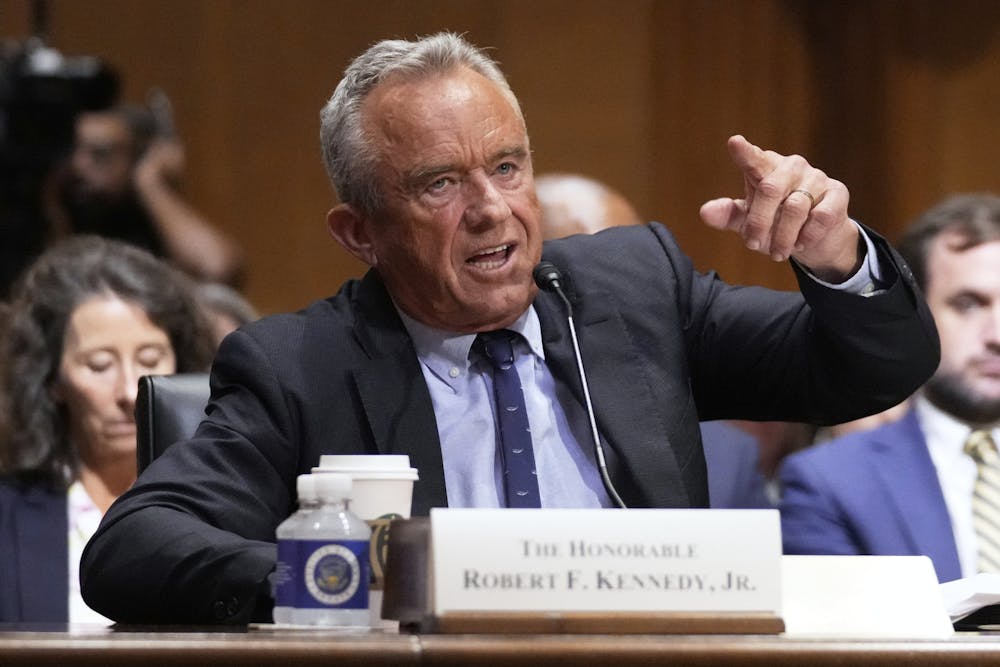Robert F. Kennedy Jr. testified before a Senate Committee on Finance on Thursday, Sept. 4. The Health Secretary faced steep criticism from Senate Democrats due to his history of questioning vaccination practices. This committee comes after a recent restructuring of the Centers for Disease Control and Prevention (CDC).
In June, Kennedy replaced all 17 original members of the Advisory Committee on Immunization Practices (ACIP) board with new picks, including some who have advocated against vaccination.
Director of the CDC Susan Monarez was among those who lost their position in August among Kennedy’s string of firings. She had only been in the position for one month. Monarez claims that she was fired due to her refusal to back Kennedy’s vaccine recommendations.
Kennedy’s leadership and comments have sparked numerous uncertainties as the United States heads into the peak season for the spread of influenza and COVID-19.
Part of Kennedy’s plans include the ending of COVID vaccine mandates across the country. Numerous medical professionals have come out to suggest that these orders can put Americans with weaker immune systems at risk.
The Food and Drug Administration (FDA) recently approved the usage of the 2025-26 COVID-19 vaccine formula, which is gradually becoming available across the US this September.
In May, Kennedy announced that the CDC would stop recommending the COVID vaccine for healthy children and pregnant women.
On Aug. 27, Kennedy announced the new authorizations for COVID vaccines for the coming year. The Moderna vaccine was approved for those six months and older with underlying conditions, Pfizer was approved for those five and older with underlying conditions and Novavax was approved for those 12 and older with underlying conditions.
The CDC has stated that the list of underlying and high-risk conditions includes pregnancy, diabetes, obesity, cancer, disabilities and mental health conditions.
Additionally, the 2025-26 COVID vaccines were approved for all individuals ages 65 and older.
34 states allow pharmacists to administer the new vaccines without an ACIP or CDC recommendation. Pennsylvania is among the 16 states that require a prescription for vaccination.
While the status of COVID-19 vaccination is uncertain, routine influenza vaccines will still be available this fall. The CDC still recommends that those age six months and older should get their annual flu vaccine.
Tensions over vaccine access flared further on Sept. 3 as Florida set itself to become the first state to remove vaccine mandates. State Surgeon General Joseph Ladapo, MD, PhD, stated that Florida government would be giving parents the right to make health decisions for their children.
Experts have warned that Florida’s departure from this long-standing health policy puts the state at risk of the spread of communicable diseases. Florida Gov. Ron DeSantis has voiced his approval toward giving parents the right to choose in Florida schools.
The DeSantis administrations plan is set to begin in about 90 days.
According to the Florida Department of Health, the list of vaccine mandates to be lifted includes hepatitis B, Hib influenza and chickenpox.





The Slate welcomes thoughtful discussion on all of our stories, but please keep comments civil and on-topic. Read our full guidelines here.